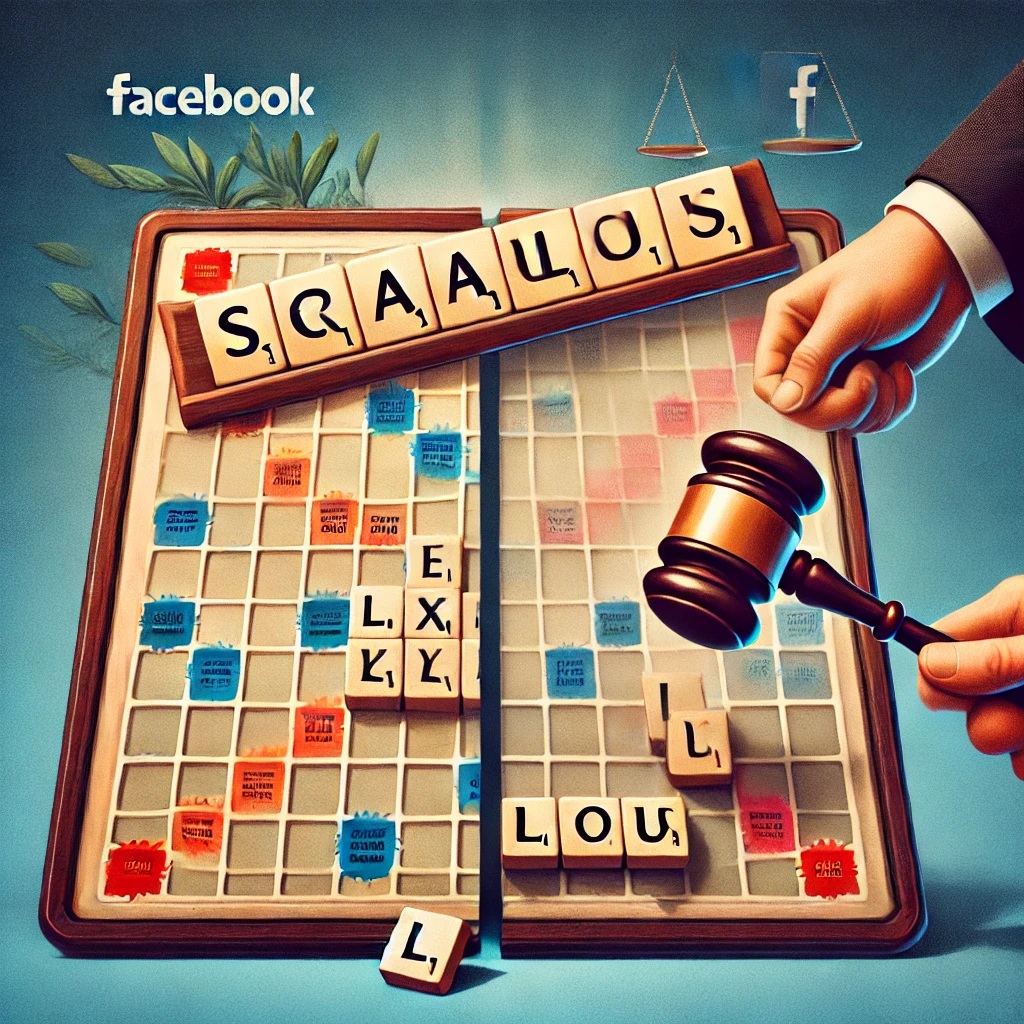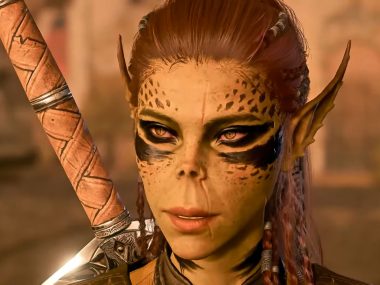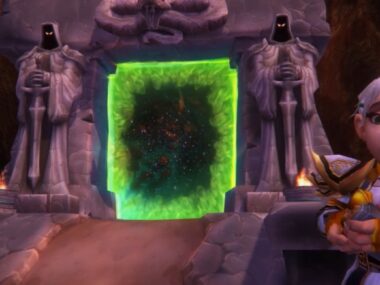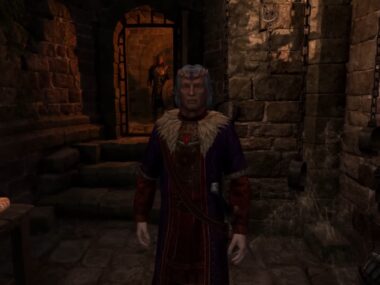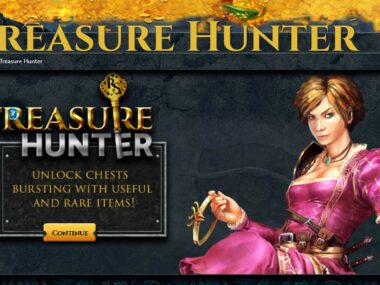Update January 2009: Scrabulous returns on Facebook at Lexulous.
Update July 2008: A DMCA was sent to Facebook, leading to the application’s removal.
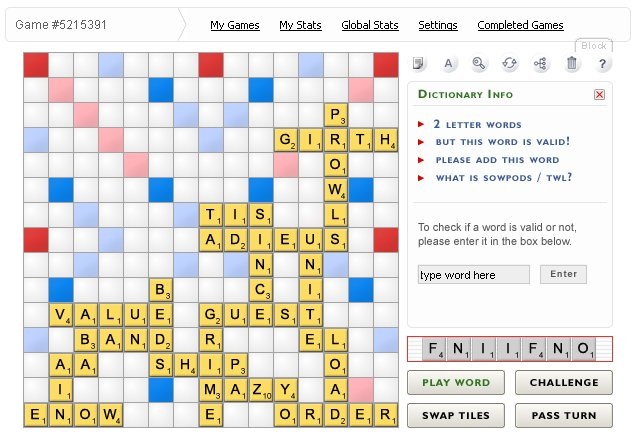
Hasbro, one of the trademark owners of Scrabble, filed a lawsuit against the creators of Scrabulous for trademark infringement via the Scrabulous Facebook application. From a business standpoint, this always interested me. Electronic Arts and Hasbro formed an alliance to create an official Scrabble application for Facebook, which launched around the same time. But it still makes me wonder—why did they wait so long to act? Scrabulous had been on Facebook since 2007.
This article from the time explained part of it:

That put a different spin on the news circulating back then. Hasbro and EA didn’t just wake up one day, launch their own app, and decide to sue. EA had actually reached out to the Scrabulous team first. When that didn’t work out, they made their own version. That’s not odd or unusual—it’s business. They had the rights to Scrabble and wanted full control over its digital adaptation. The key takeaway? EA did try to work something out.
Which means the Scrabulous team knew this was coming and still kept the game on Facebook.
What perplexed me is why Facebook allowed the application in the first place. Is it really that easy to get copyright-infringing content on the platform? With something as obvious as Scrabble, why didn’t Facebook ask the most basic question: Do you have permission from the rights holder? If so, provide proof.
It’s that simple.
And if major companies like Hasbro and EA had this much trouble enforcing their rights on Facebook, what chance did smaller creators have? How many other trademark and copyright violations existed on the platform at the time?
Some argued that Scrabulous wasn’t an outright infringement. But when users described it as “Scrabble on Facebook,” that alone suggested there was a real issue.
I felt for everyone in mid-game when the takedown happened—there wasn’t a way to port data over (as far as I knew).
For anyone creating apps, games, designs, or content, this case was a reminder of an important truth: if you don’t own the rights, you’re always at risk of losing everything overnight.
📌 Changelog
- March 10, 2025: Rewrote sections and changed the subheadings to improve clarity.
- January 2009: Added Lexulous was added to Facebook
- July 2008: Added information about DMCA sent to Facebook.
- July 25, 2008: Original article was published.
